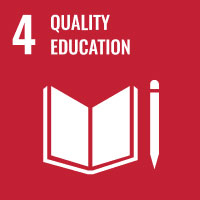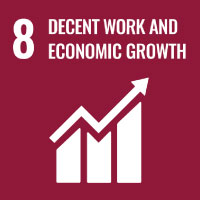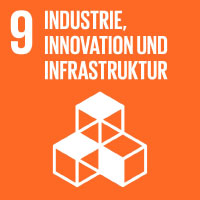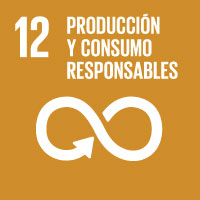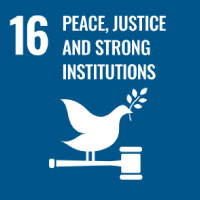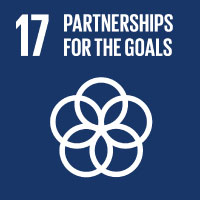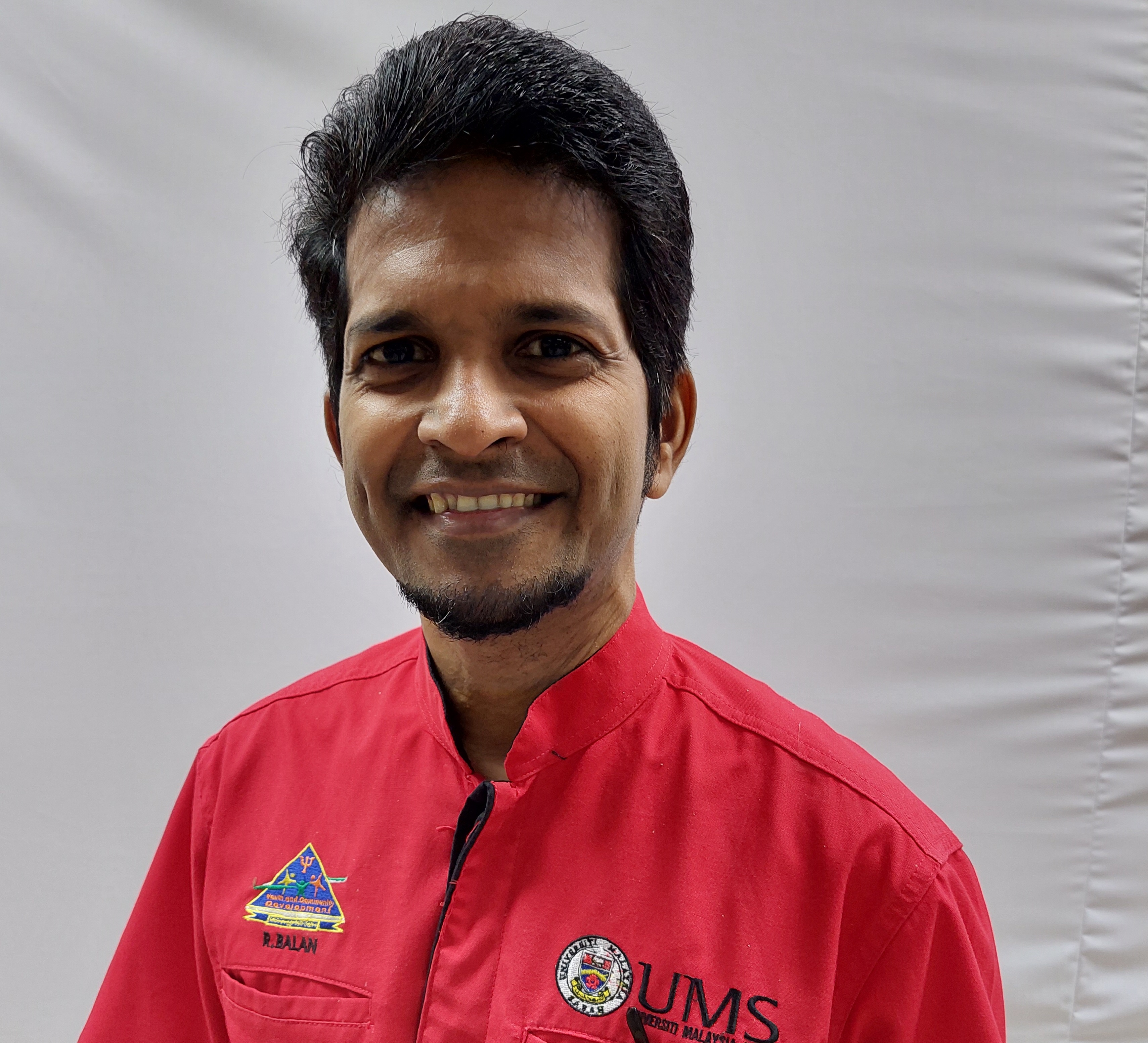- +1 (587) 325-0234
- icset@iferp.net
- Taipei, Taiwan
Advancing Research iMethodology
Session Objectives
Synergy Sessions foster collaborative dialogue between diverse disciplines, emphasizing the integration of social and technological perspectives. The objectives include exploring ethical crossroads, designing socio-technical systems for humanity, and shaping innovative solutions to global challenges. The overarching goal is to encourage interdisciplinary collaboration that transcends traditional boundaries, leading to holistic approaches for societal betterment.
Tracks
Topics of Interest for Submission include, but are not limited to:
1 Mastering Advanced Statistical Techniques
2 Experimental Excellence: Designing Robust Studies
3 Qualitative Research in Multidisciplinary Contexts
4 Ethical Considerations in Cross-Disciplinary Research
5 Data Analysis in Social Science Studies
6 Innovations in Survey and Interview Techniques
7 Research Ethics in the Digital Age
8 Mixed-Methods Research: Bridging Gaps
9 Best Practices in Cross-Cultural Research
10 Enhancing Research Rigor: Lessons from Interdisciplinary Studies

